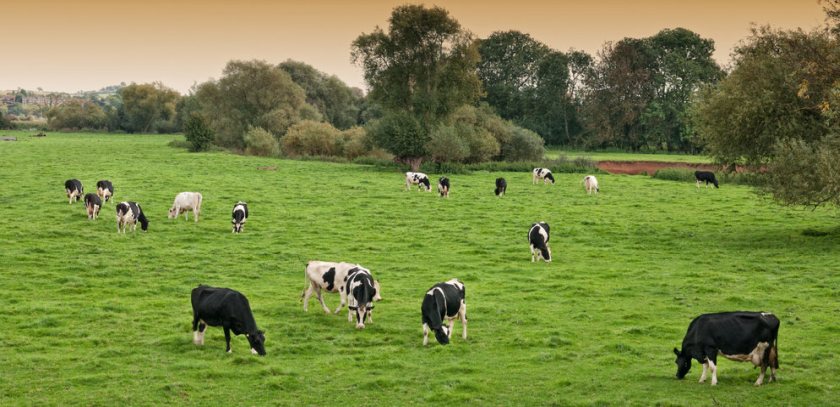
The UK food chain's sustainability commitments are ambitious but disconnected at farm level, research by Savills suggests.
New disclosure mechanisms such as Taskforce on Climate-related Financial Disclosures (TCFD) are driving agri-food supply chains to make commitments in response to the climate crisis.
But most food businesses across the country are lacking tangible action plans in their supply chains, according to Savills rural research.
It analysed the sustainability commitments of 100 top UK food businesses that buy UK grown produce and mapped these firms to the main primary production types in the UK – arable crops, vegetables, eggs, dairy and meat.
The research found that whilst 62% of these food businesses had a sustainability strategy, only 19% provided specific detail of how they intend to increase sustainability at farm level.
The dairy sector has arguably made the greatest progress in addressing environmental impacts due to its short value chain, exclusive contracts at farm level and the worldwide focus on the climate impact of ruminants.
The research shows that of the total UK milk field, at least 55% by volume is purchased by a processor with a set emissions reduction target.
And at least 60% of the milk is produced by farmers who are working with their buyer to reduce greenhouse gas emissions.
Unsurprisingly, bigger firms have more advanced environmental commitments. According to the analysis, 11 of the largest UK retailers all have a sustainability strategy that they report on and they all have emissions reduction targets.
Three-quarters of the supermarkets have sustainability groups for farmers. The majority (64%) of them also provide some detail of how they aim to achieve their sustainability commitments.
Molly Biddell, of Savills rural research said: “Clearly most of the largest food companies are making commitments related to sustainability.
"But there is a lack of information on how food companies will work with producers to achieve their sustainability commitments."
She added: "A key question is whether farmers will be properly incentivised to increase the sustainability of their production, or whether it will become a condition of market access to do so.
"There is a cost to creating more sustainable production, and it is not yet clear who will bear that cost.”
